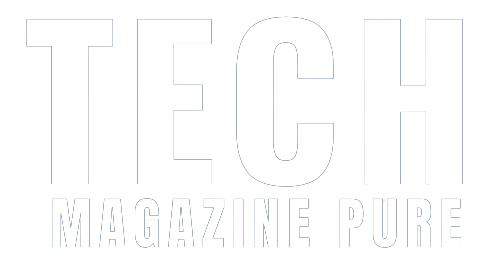In today’s digital landscape, having a strong online presence is vital for businesses of all sizes. One of the most effective ways to improve your visibility and reach a wider audience is through Search Engine Optimization (SEO). SEO involves optimizing your website and content to rank higher in search engine results pages, thereby increasing organic traffic to your site. While SEO may seem complex and daunting for beginners, this guide will provide you with essential tips and tricks to get started on your SEO journey. Whether you’re a small business owner, a blogger, or a marketing professional, understanding the basics of SEO 101 Essential Tips and Tricks will help you drive more targeted traffic to your website and ultimately improve your online visibility and success.
SEO 101 Essential Tips and Tricks for Beginners
In today’s digital world, having a strong online presence is crucial for any business or website. Search Engine Optimization (SEO) plays a vital role in helping your website rank higher in search engine results pages (SERPs) and drive organic traffic. If you are new to the world of SEO, here are some essential tips and tricks to get you started.
Research and Use Relevant Keywords
Keywords are the foundation of SEO. Start by identifying the keywords relevant to your business or website. Use keyword research tools like Google Keyword Planner or SEMrush to find popular and low competition keywords. Incorporate these keywords naturally into your website content, including titles, headings, meta descriptions, and alt tags.
Optimize On-Page Elements
On-page optimization refers to optimizing individual web pages to improve their search engine rankings. This includes optimizing title tags, meta descriptions, URLs, headings, and content. Ensure that your title tags and meta descriptions are concise, descriptive, and include your target keywords. Make sure your URLs are short, descriptive, and include relevant keywords. Use heading tags (H1, H2, H3) to structure your content and make it easier for search engines to understand.
Create High-Quality and Engaging Content
Content is king in the world of SEO. Create informative, valuable, and unique content that addresses the needs and interests of your target audience. Regularly update your website with fresh content to keep visitors engaged and encourage search engines to crawl and index your site more frequently. Incorporate multimedia elements like images, videos, and infographics to enhance the user experience.
Build High-Quality Backlinks
Backlinks are links from other websites that point back to your website. They are an essential factor in search engine ranking algorithms. Focus on earning high-quality backlinks from reputable and relevant websites. You can achieve this by creating compelling content that others will naturally want to link to, reaching out to other website owners for guest posting opportunities, or participating in industry-specific forums and discussions.
Optimize for Mobile Devices
With the ever-increasing use of smartphones and tablets, optimizing your website for mobile devices is crucial. Ensure that your website is mobile-friendly and responsive, meaning it automatically adjusts its layout and content to fit different screen sizes. Google gives priority to mobile-friendly websites in mobile search results, so this is an essential aspect of SEO.
Improve Website Loading Speed
Website loading speed is a critical factor in user experience and SEO. Slow-loading websites not only frustrate visitors but also receive lower rankings from search engines. Optimize your website’s loading speed by compressing images, minifying code, enabling browser caching, and using content delivery networks (CDNs) to serve your website’s files from servers closer to your users.
Monitor and Analyze Your SEO Efforts
Regularly monitor and analyze your SEO efforts to understand what is working and what needs improvement. Use tools like Google Analytics and Google Search Console to track your website’s performance, including organic traffic, keyword rankings, backlinks, and user behavior. This data will help you make informed decisions and continually optimize your SEO strategy.
Remember, SEO is an ongoing process, and it takes time to see significant results. Stay updated with the latest SEO trends and algorithm changes to stay ahead of your competition. By implementing these essential tips and tricks, you will be well on your way to improving your website’s visibility, driving organic traffic, and reaching your target audience effectively.


